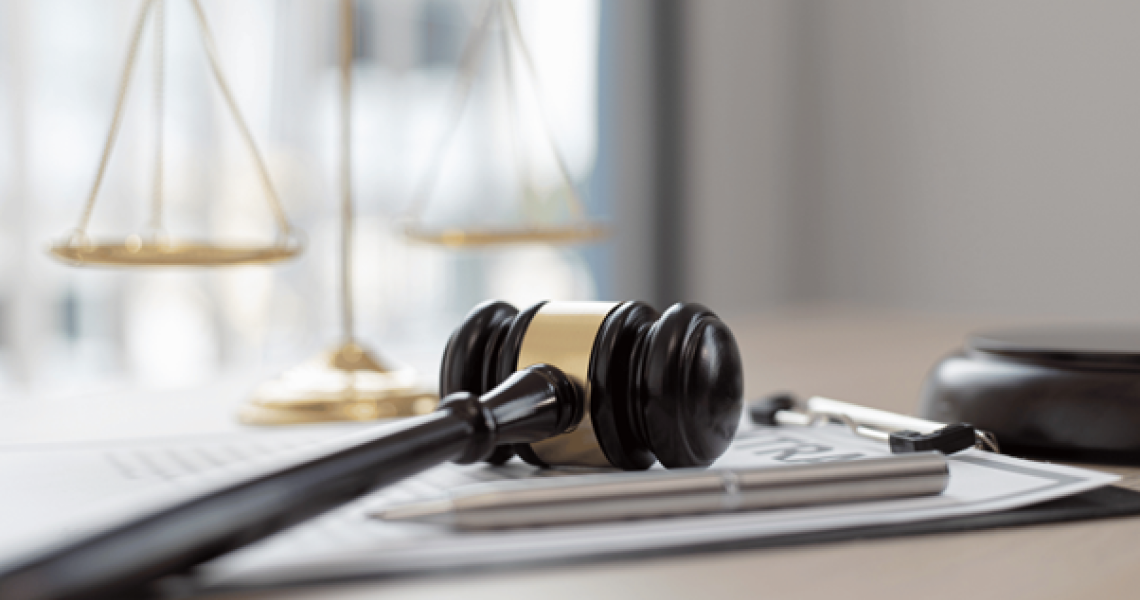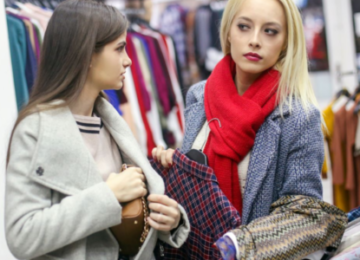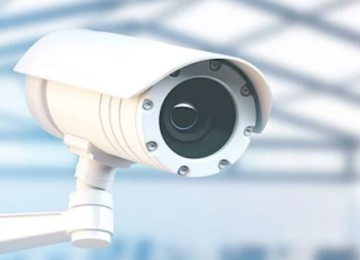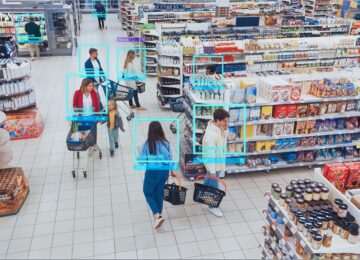CCTV cameras in stores: legislation

In France, the installation of video surveillance cameras in stores is governed by strict regulations in order to guarantee the protection of the privacy and personal data of the individuals filmed. These regulations comprise several points. We'll go through them in detail.
The obligation of information
The first point of the regulations on video surveillance in stores concerns the obligation to inform customers and employees of the presence of cameras. This measure aims to protect the privacy of the individuals filmed.
Pursuant to this obligation, all stores must clearly and visibly display a notification at the store entrance, informing customers of the existence of surveillance cameras and the monitored areas. These notification signs must be easily legible and must include information on the purpose of the surveillance, the data collected, the data controller, and the rights of the individuals filmed.
In addition, the regulations on video surveillance impose that stores must also inform the CNIL (French Data Protection Agency) of the installation of video surveillance cameras. This obligation allows this agency to control the legality of the surveillance and to guarantee the protection of employees' and customers' personal data.
Limitation of monitored areas
It is prohibited to position surveillance cameras in private spaces, such as toilets, cloakrooms or offices.
The monitored areas must be clearly defined and justified by reasons of security or theft prevention. This limitation is important in regard to avoiding any abuse of surveillance, and to guarantee the proportionality of the surveillance measures. Stores cannot justify video surveillance in areas where there is no proven risk or real necessity.
The cameras must also be directed in such a way that ensures that the collection of irrelevant personal data is limited as much as possible. This means avoiding the capturing of images of passers-by or customers who are not involved in the store's trade.
Image conservation period
The images captured by video surveillance cameras in stores may only be retained for a maximum period of 30 days.
This limitation is intended to guarantee the respect of your customers' privacy and to avoid any abusive use of the data collected.
The retention of images must also be justified by reasons of security. Stores may not retain images arbitrarily or without valid justification.
Right of access and rectification
The individuals filmed have the right to access the images concerning them, and to request their rectification should these images by inaccurate, incomplete or expired.
This right is essential as it enables individuals to control the use made of their personal data.
Individuals must be informed of the procedures for exercising the right, and stores must promptly and efficiently respond to any requests that they receive. It is recommended that you offer and send a copy of the recordings to the requesting individuals to avoid them having to travel to the site.
Security of the images and the data collected
In order to guarantee a security level adapted to the risk, the appropriate technical measures must be implemented. Only specifically authorised individuals may view the images, and a precise record must be kept, indicating the recordings made, the date of image destruction and, if applicable, the date of the images being sent to the court, if needed.
Measures to be taken prior to installing a video protection system
To facilitate the installation of your video surveillance system, here are the various steps to follow in order to ensure that your installation complies with legislation:
- Apply for authorisation from the prefecture to install your video protection system.
- Carry out a data protection impact analysis (DPIA) to assess the necessity and proportionality of the system.
- Inform the public of the installation of a video protection system via a sign or displayed announcement indicating the required information.
- Limit the image retention period to the necessary time frame in regard to the purpose of the system.
- Ensure the security of the data processed by implementing the appropriate technical and organisational measures.
- Respond to any requests to exercise the right of access of the individuals filmed.
Legislation for video surveillance cameras in stores: An obligation not to be taken lightly
The use of video surveillance cameras in stores can be extremely useful in improving the security of both goods and people. Here at Veesion, we offer you security products that out-perform classic video surveillance equipment thanks to AI.
Nevertheless, their use must be governed by strict rules in order to guarantee the protection of individuals' rights. It is essential that you comply with the applicable laws and regulations within this field in order to avoid any sanctions.
Effectively, the law provides for extremely severe fines and criminal law sanctions in cases of failure to respect the privacy of others.
The most important thing is thus to find a just balance between the necessity of protecting the individual rights of your clients and that of protecting your store from shoplifting.
The most popular
Related news
Discover what Veesion can do for you. Do you have one or more stores?
Our team will contact you within 48 hours





